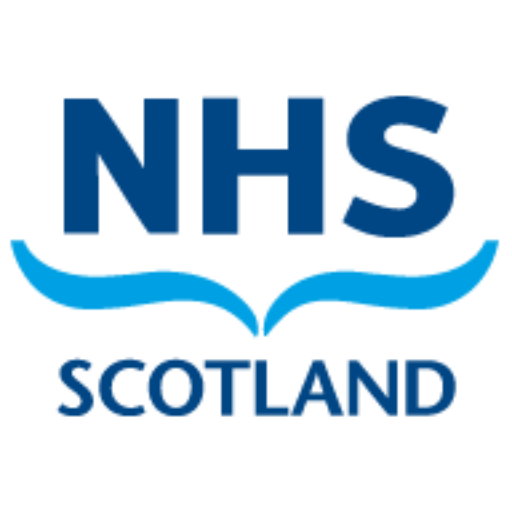Below are guidelines for the management of women of childbearing age with cardiovascular disease.
These guidelines provide information on contraception, management of women with known cardiac disease in pregnancy and recognising acute presentations of cardiac disease in pregnancy.
The Network are developing guidelines and pathways of care relevant to NHS Scotland and these will be available later in the year.
Guidelines
Preventing maternal mortality: It’s ok to ask: This animation provides guidance to doctors in assessing unwell pregnant or post-partum women with the aim of reducing indirect maternal mortality rates. Produced by Dr Rebecca Northridge in collaboration with the Royal College of Physicians and Surgeons of Glasgow and the Royal College of Obstetricians and Gynaecologists.
Acute cardiovascular presentations in pregnancy

Cardiac disease accounts for a quarter of maternal deaths in the UK. 77% of the women who died did not know they had a cardiac condition. The following are guides to assist in recognising signs and symptoms that are not normal in pregnancy and investigating appropriately.
The Royal College of Physicians Acute care toolkit: Managing acute medical problems in pregnancy Toolkit including red flags when women present with chest pain, palpitation and breathlessness. They also include flowcharts for assessing and managing these presentations
Management of heart disease in pregnancy

International guidance on the management of cardiovascular disease in pregnancy.
Addressing the Heart of the Issue
Standards for healthcare professionals in Scotland in pre-pregnancy, antenatal and postnatal care of women with cardiac disease
High Risk Cardiac Disease in Pregnancy – Part I
High Risk Cardiac Disease in Pregnancy Part II
Published in 2016 ‘High Risk Cardiac Disease in Pregnancy’ reviews the available published reports and provide recommendations on the management of women with high-risk cardiovascular conditions during pregnancy.
Contraceptive guidance for women with cardiovascular disease

Please click on the links below: Faculty for Sexual & Reproductive Health
UK Medical Eligibility Criteria for Contraceptive Use (UKMEC)
Contraception and cardiovascular disease
Contraceptive counselling should begin early in females with heart disease. This article discusses the various methods of contraception, their safety and efficacy relative to their cardiac condition.
Guideline disclaimer
These guidelines do not intended to be construed or to serve as a standard of care. Standards of care are determined on the basis of all clinical data available for an individual case and are subject to change as scientific knowledge and technology advance and patterns of care evolve. Adherence to guideline recommendations will not ensure a successful outcome in every case, nor should they be construed as including all proper methods of care or excluding other acceptable methods of care aimed at the same results. The ultimate judgement must be made by the appropriate healthcare professional(s) responsible for clinical decisions regarding a particular clinical procedure or treatment plan. This judgement should only be arrived at following discussion of the options with the patient, covering the diagnostic and treatment choices available. It is advised, however, that significant departures from the national guideline or any local guidelines derived from it should be fully documented in the patient’s case notes at the time the relevant decision is taken.
